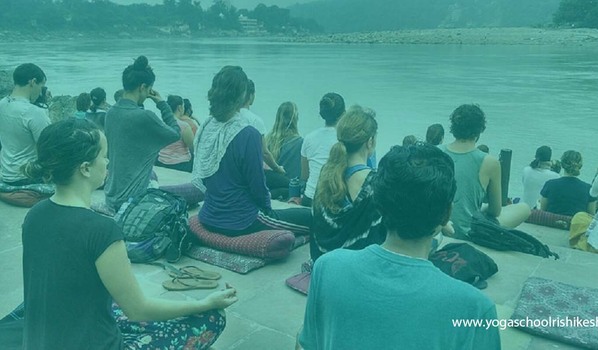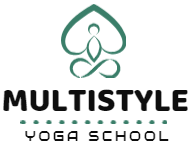
ulti Style Yoga School offers advanced training in many different yoga styles or multi-styles. However, the traditional yoga 300 hour yoga teacher training course is long, intensive authentic and is an integrated presentation of the ancient yoga teachings. The 300 hour yoga teacher training course extends beyond the 200 hour YTTC and is more comprehensive and intensive. You also get practical training on how to teach yoga through hands-on experience. The qualification for this course is that you should have completed your 200 hour yoga teacher training at a recognized yoga school (RYS). Also, you should have been consistently practicing some yoga and have a desire to continue your yoga journey to the more advanced levels. The 300 hour yoga teacher training in India, when added to your existing 200-hour teacher training, will qualify you for registered Yoga Teacher - RYT-500 with Yoga Alliance. This way you can take your yoga practice and your yoga certification to a new level with this advanced 300 hour YTTC.
| Course Date | Course Fee |
|---|---|
| 03 to 31 Dec 2023 | $ 2150 USD |
| 03 to 31 Dec 2024 | $ 2150 USD |
| 03 to 31 Dec 2025 | $ 2150 USD |
Reservation: To reserve your seat you need to pay 20% of total fee as an advance whichEnroll Now
will be non refundable and balance can be paid on arrival before you start your course.
| Time | Activity |
|---|---|
| 6:15-6:40 AM | Kriyas |
| 6:45-8:15 AM | Pranayama / Mantra Chanting |
| 8:30-10:00 AM | Asana Practice Ashtanga Vinyasa Mysore Style or Led Class |
| 10:15 AM | Brunch / Free Time / Study Time |
| 12:15-1:00 PM | Yoga Nidra Meditation / Rest Time / Free time / Refreshing time |
| 1:00 PM | Tea |
| 1:30-2:45 PM | Philosophy /Yoga Principles /Yoga Sutra Lectures |
| 3:00-4:00 PM | Workshop / Study Time / Guest Lecturers |
| 4:15-5:15 PM | Body Alignment /Asana practice / Art of Adjustment |
| 5:30-6:30 PM | Anatomy |
| 6:30-7:30 PM | Dinner |
| 8:00 - 8:45 PM | Meditation |
| 9:00 PM | Mauna / Silence |
NO REFUNDS, CREDITS OR TRANSFERS ARE AVAILABLE ON CANCELLATION AFTER THE START DATE OF ANY YOGA TEACHER TRAINING COURSE.

Syllabus for 200 Hours Yoga Course